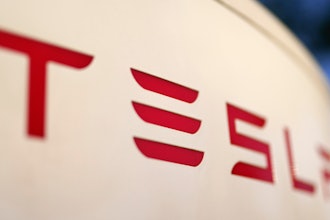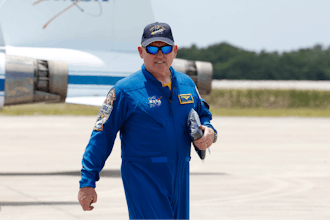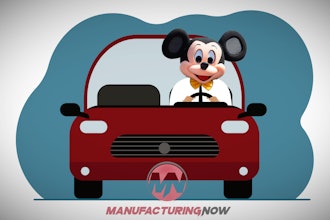According to the Richmond Times-Dispatch, Richmond-based Philip Morris USA said yesterday that a research-focused division of the company, Chrysalis Technologies, has agreed to work with a Pennsylvania biotechnology company to develop therapies for lung disorders such as respiratory distress in premature infants.
The alliance between the companies centers on a mechanical device developed by Chrysalis Technologies that can deliver drugs in an aerosol form deep into the lungs, making it an effective tool for treating certain lung disorders.
Although not directly related to Philip Morris USA's cigarette business, the device is an outgrowth of the company's years of research on potentially less-harmful tobacco products. Chrysalis was founded in 2000 as a subsidiary of Philip Morris USA's parent company, Altria Group Inc., to determine whether technologies the company had discovered that were not applicable to its tobacco business were commercially viable.
The venture is Philip Morris USA's first into a nontobacco business as the company looks to broaden its potential sales beyond the slowly declining U.S. cigarette market.
Jennifer Golisch, a Philip Morris USA spokeswoman, said the Chrysalis venture does not affect the company's tobacco business and is not part of its growth strategy for that business. "This alliance offers us the opportunity to develop our aerosol-generation technology with a new class of pulmonary medicine products," Golisch said.
Philip Morris employs more than 6,400 people in the Richmond area. Chrysalis, which is based in Chesterfield County and became a division of Philip Morris in January, has been working quietly on the aerosol device and holds more than 40 patents on the technology. The number of employees was not disclosed.
Under the agreement announced yesterday, Chrysalis will work with Discovery Laboratories Inc., a Warrington, Pa.-based biotechnology company, to fine-tune the device for specific therapeutic uses.
Robert J. Capetola, president and chief executive officer of Discovery Laboratories, said the biotech company has been evaluating the Chrysalis device for more than a year. Discovery Labs plans to conduct clinical trials next year, using its drugs in combination with the Chrysalis device to treat respiratory distress in premature infants.
Capetola said the Chrysalis technology is more effective than current methods for delivering surfactants, which are substances that are produced naturally in the lungs and are essential for breathing. Respiratory-distress syndrome occurs in premature babies whose lungs are too immature to produce surfactants.
Each year, about 70,000 infants in the United States and nearly 500,000 worldwide suffer from respiratory distress, Capetola said. With the Chrysalis technology, "we now have the possibility of delivering surfactants into the lungs without putting patients on mechanical ventilation," he said.
The technology might also be useful in treating chronic obstructive pulmonary disorder, asthma, cystic fibrosis and acute lung injury, Capetola said. The potential market exceeds $1 billion, he said, but it may be three years before a product is commercially available.
The deal would provide Chrysalis with royalties based on sales, but its share was not disclosed. Discovery Labs is responsible for regulatory approvals and the manufacturing, marketing and distribution of the product.
Using a technology developed by a cigarette company for treating respiratory disorders does raise ethical questions, said Alfred Munzer, a pulmonologist at Washington Adventist Hospital in Takoma Park, Md., and a past president of the American Lung Association.
"I think it does matter," where the product comes from, Munzer said. "I think we like our medical products to come from companies that hold the highest ethical standards. Anything that has the name Philip Morris attached to it makes me skeptical, since they have been in the business of creating lung disease rather than curing it."
Capetola said his company considered the ethical questions "extensively" but decided to go with the Chrysalis device because "our scientists and engineers told us that the Chrysalis technology is the best."
"We think we have a duty to our patients to develop drugs that can help them better than any other technology, and if the Chrysalis technology can do that, then that is what we are going to use," he said.
Steven M. Donn, a professor of pediatrics and director of neonatal-perinatal medicine at the University of Michigan Health System, said what matters is how well the treatment works.
"If I am the parent of a premature baby with respiratory distress and somebody tells me my baby could have a better outcome with less risk of a lifelong injury, then I don't care who makes the device," said Donn, who has served on a scientific advisory board for Discovery Laboratories.
-----






















